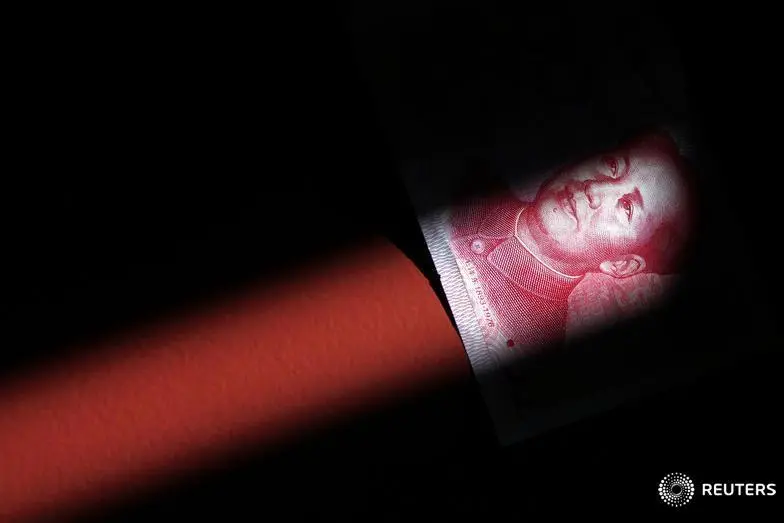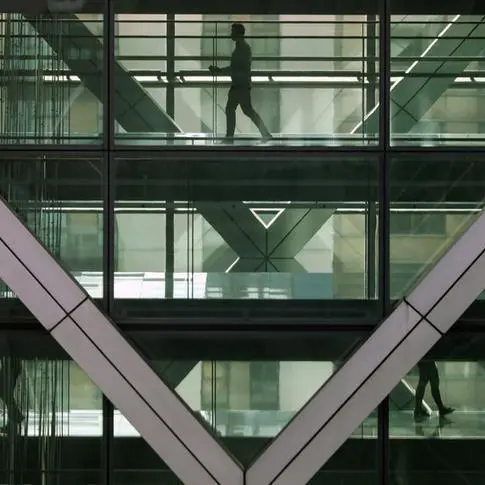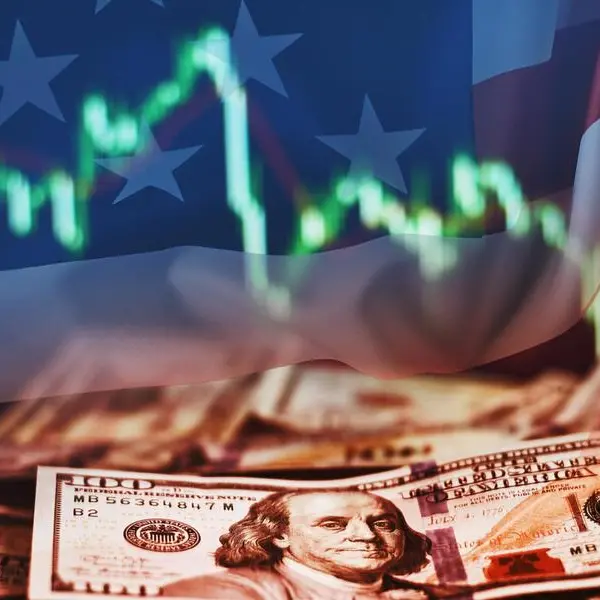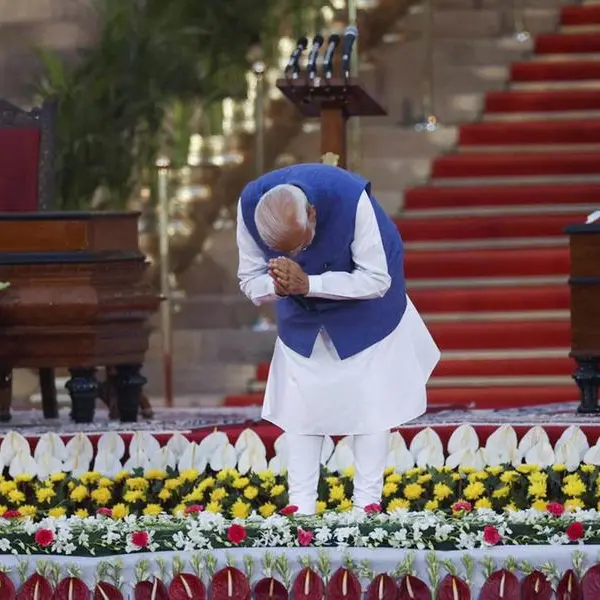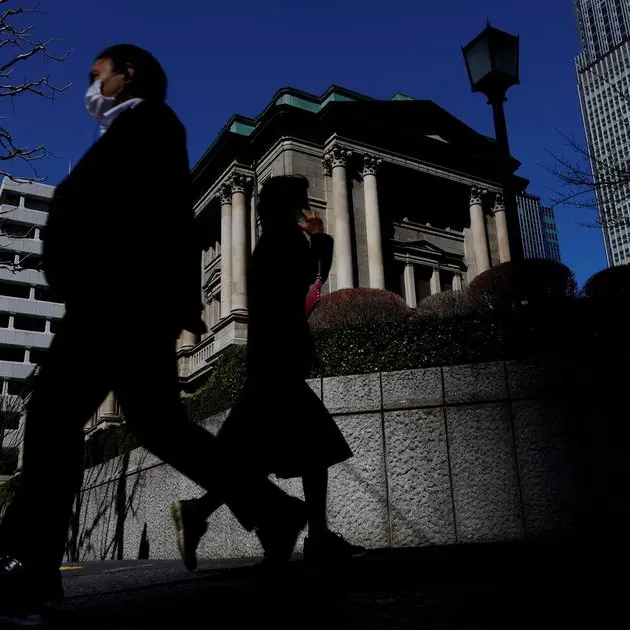PHOTO
BEIJING - As the annual meeting of China's parliament approaches next month, its leaders are facing the greatest pressure in almost a decade to take bold policy decisions that safeguard the economy's long-term growth potential.
The start of the year saw Chinese stocks tumbling to five-year lows on growth concerns and deflation deepening to levels unseen since the global financial crisis, prompting comparisons with the 2015 turmoil that forced policymakers into action.
"The last time the Chinese leadership faced this kind of pressure was in 2015," said Tommy Wu, a senior China economist at Commerzbank, who added, "2024 is a crucial year for China to stabilize the economy.
"However, the current situation is a lot more complicated."
China overcame the 2015 crisis by devaluing the yuan and tightening its capital account to prevent outflows, while pouring resources into property and infrastructure, and slashing interest rates by more than 100 basis points.
But that policy ammunition is now spent, bent or broken, limiting its options to fix a stuttering economy and find a way out of what threatens to become a self-feeding downward spiral in consumer and investor confidence and economic growth.
The property market has been in free fall since 2021 because of a series of defaults among developers after years of overleveraged, bad investments. Infrastructure spending is difficult to sustain because of high levels of local government debt.
Further monetary policy easing risks a run on yuan assets due to a yawning interest rate gap with other economies and could exacerbate deflationary pressures as cheap credit flows into China's industrial complex, ridden with overcapacity.
As China's rubber stamp parliament, the National People's Congress (NPC), begins its annual meeting on March 5, there has been no indication of major stimulus or a grand reform plan in the making.
"It is widely underappreciated how constrained Beijing is at this point, in terms of options to stimulate the economy via fiscal policy, or through more rapid credit growth from banks," said Logan Wright, a partner at Rhodium Group.
"There will be no policy bazookas unveiled at the NPC, in part because China has no good options to maintain growth via its traditional channels."
'STUCK BY CHOICE'
Fleeing investors have expressed frustration that authorities have not unveiled a clear roadmap to fixing structural issues laid bare last year when the Chinese economy failed to replicate the explosive recovery experienced by other economies after COVID-19.
Markets want clear, long-term plans for cleaning up the property sector, restructuring municipal debt, and switching to a more sustainable growth model that relies less on debt-fuelled investment excesses and more on household consumption.
The NPC is not the traditional venue for Chinese leaders to declare momentous policy shifts, which are usually reserved for events known as plenums, held by the ruling Communist Party between its once-every-five-year congresses.
One such plenum was initially expected in the final months of 2023, and while the meeting could still take place in the near future, the fact that it has not yet been scheduled has deepened investor concerns over policy inaction.
At the NPC, Premier Li Qiang is expected to deliver his annual work report and set the year's economic targets, including steady growth for 2024 at around 5%, and a budget deficit of 3% of gross domestic product.
But setting a target similar to last year's without new policies to redirect resources from infrastructure and manufacturing investment to households runs the risk of hurting confidence, rather than boosting it, analysts say.
Fathom Consulting estimates that every additional 10 yuan invested in the Chinese economy today generates 0.2 yuan in output, down from 2.1 yuan in 2002.
On the demand front, consumer confidence languishes at record lows more than a year after China ended its COVID lockdowns.
"There is a lack of investor confidence and business confidence. But the root cause of this is consumer confidence," said Joe Peissel, an economic analyst at Trivium China.
"The most effective way to deal with this is through reforms that put more cash in consumers' pockets.
"However, (President) Xi Jinping has previously aired an antipathy toward cash transfers or generous social security provision, so this is unlikely."
The rebalancing policies economists and investors are calling for now are steps Xi flagged as early as 2013, but which China never took, resulting in debt levels growing much faster than the economy.
Some analysts say policymakers appear to have prioritised social stability and national security over growth sustainability, due to concerns over the disruption engendered by a different development model.
That would come about as such measures empower consumers and private businesses at the expense of the government sector.
"A big shift now would acknowledge serious long-term mistakes - that's unlikely," said Derek Scissors,a specialist in China's economy at the American Enterprise Institute.
"China is stuck, by its own choice."
(Writing by Marius Zaharia; Editing by Clarence Fernandez)
